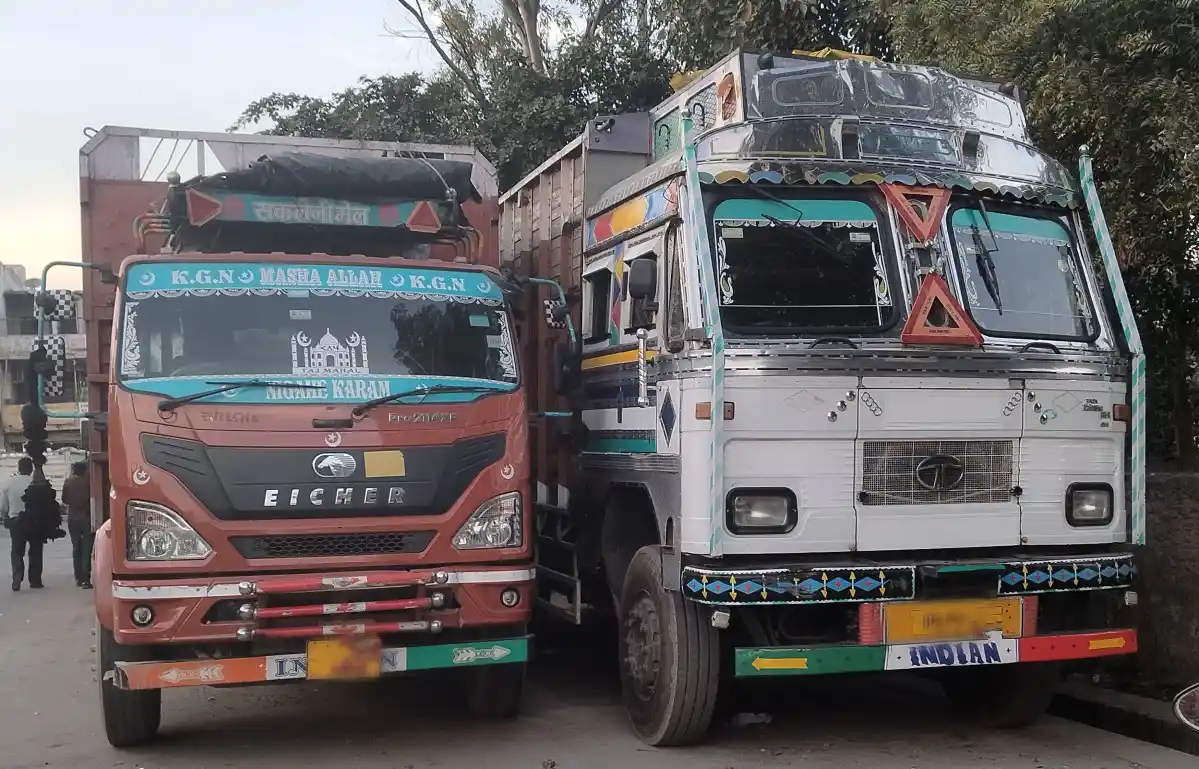Adani Cement recently announced its decision to permanently halt operations at its Himachal Pradesh facilities in Barmana and Darlaghat due to losses caused by the state's expensive transportation expenses. Two of the group's cement factories, according to the firm, are no longer viable because of excessive transportation costs and uncompromising truck union positions.
The logical issue that follows from this circumstance is: "Are minor, unorganised transport unions created at the local level causing inefficiencies?" We frequently hear from sources in the business about important problems relating to the cost and effectiveness of a few unorganised transport unions. These unions can be found at the level of a small town, an industrial region, or a compound.
There are numerous such minor unions at the tier-2 or tier-1 city level. These unions' structures are incredibly ad hoc and dispersed. Tempo associations, truck associations, trailer associations, etc. are a few examples. The majority of these "Associations" have complete control over the placement of vehicles in that area for a certain kind of vehicle or small haulage. Payment of specific fees to the association is necessary for vehicle deployment for places not supplied by a certain association. This fee must be paid by the shipper or the transporter.
According to the Logistic Insider, reveals that the majority of these unions/associations were founded by a particular group to defend the legitimate interests of individual car owners who were working as service providers.
We obtained a quote from a comparable organization situated in a major manufacturing hub in northern India for a 19-foot vehicle to travel 80km, and the amount was Rs 10,000/-. These vehicles make round trips on the same day and are operated by a sole driver.
According to the clients, the interaction procedures with these organizations are cumbersome and sometimes the vehicles they hire are outdated or not up to the quality standards required by the companies. The fees charged by these organizations are generally 20% to 60% higher than similar arrangements in more competitive markets. This results in a rise in product cost for the end customer as the costs incurred due to inefficiency are passed on to them. Neither the shippers nor the carriers absorb these costs. While some organizations may have valid reasons for a slight surcharge, the fees they charge cannot be justified to the same degree.
The partnership relationship between the vehicle supplier/transporter and service user is predicated on the idea of win-win outcomes for both parties. This norm, however, does not apply to such little, disorganised associations, and it appears to be a Win-Lose relationship.
Contrarily, a small number of national unions, such as the All India Motor Transport Congress (AIMTC) or the All India Transport Welfare Association (AITWA), really advocate for the welfare of vehicle owners and the surrounding community, without any intention of being short-sighted. These organisations typically address problems that have a detrimental influence on the transportation industry. These unions' actions and efforts have a broad impact and help numerous community stakeholders.
The issues faced by these small organizations are not consistent nationwide, as some regions have a high prevalence of problems while others do not. However, it is evident that these inefficiencies negatively impact the business climate and development of any region. An efficient supply chain is essential for the growth of an economy. The narrow-minded actions of these organizations ultimately lead to long-term harm for the entire ecosystem.



